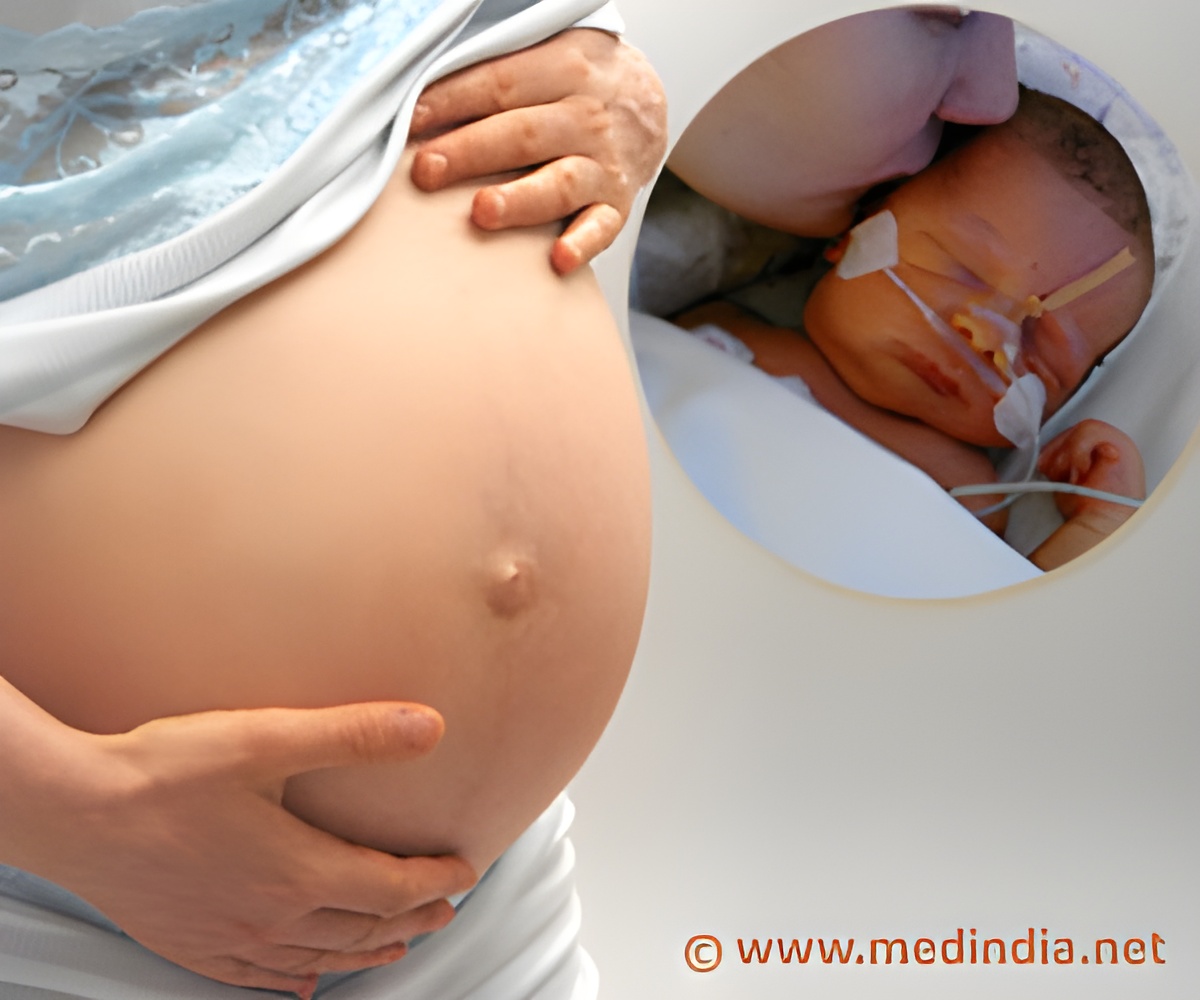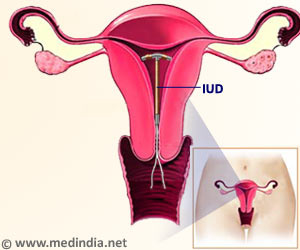Researchers examined trends and characteristics of severe adverse health conditions, outcomes and death among pregnant women with cancer in the United States.

Cancer Related Pregnancy Complications: Unknown Risk Factor
Severe maternal morbidity is increasing in the US. The rising rate of maternal morbidity is likely driven by a multitude of factors, including increasing maternal age, higher rates of obesity, increased medical comorbidity among patients, and a rising cesarean delivery rate. To date, little data have examined the association between cancer and maternal morbidity and mortality. Not only is the incidence of cancer in women of reproductive age increasing but as treatment improves, women with cancer are living longer.‘Avoiding delay in diagnosis and treatment in case of pregnancy-related cancer could potentially improve maternal and neonatal outcomes.’





In addition, there has been an increased focus on fertility preservation in both men and women of reproductive age and with cancer.Considering these facts, the new study examined nationwide trends and characteristics of severe maternal morbidity and mortality among pregnant women with cancer in the US.
Researchers performed a population-based study using data from the National (Nationwide) Inpatient Sample and analyzed 14 648 135 deliveries for national estimates from January 2016 through December 2019.
Is Pregnancy After Cancer Treatment is Safe for the Mother?
They examined patients with an International Statistical Classification of Diseases and Related Health Problems, Tenth Revision code for cancer, as defined by the National Cancer Institute, and American Cancer Society classification for case identification (40 types in 16 systems). Patients with cancer were compared with those without.They found that the prevalence rate of pregnancy with cancer was 69.3 per 100,000 deliveries and increased from 64.5 to 73.4 between 2016 and 2019.
The most common cancer type was breast cancer, followed by lymphoma, leukemia and gynecologic cancers. Over time, the prevalence of skin, soft tissue, breast and oral cavity/pharyngeal cancers increased.
Advertisement
After accounting for potential mediators between cancer and adverse outcomes, including obstetric factors and delivery factors, patients with the cancer were more likely to experience severe maternal morbidity.
Source-Medindia















